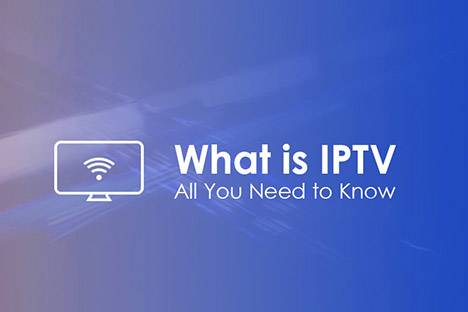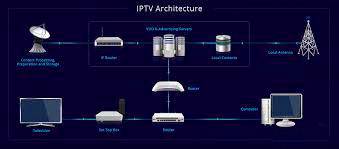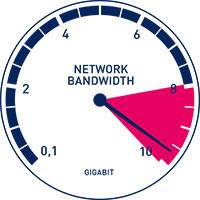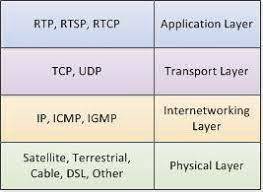What is IPTV and how it works
In today’s digital world, television technology is constantly evolving. IPTV or Internet Protocol Television is one of the latest innovations in television technology. But what exactly is IPTV? How does it work? How is it different from traditional TV services? In this article, we’ll answer these questions and share everything you need to know about IPTV.
What is IPTV?
IPTV stands for Internet Protocol Television. This technology allows television channels to broadcast their content over the Internet. IPTV allows users to access television channels and programs through an Internet connection rather than traditional transmission methods such as satellite or cable. IPTV services enable users to watch live TV channels and on-demand content from around the world.
How does IPTV work?
To understand how IPTV works, let’s compare it to traditional TV broadcasting. In traditional broadcasting, TV signals are sent via satellite or cable to a TV antenna in your home. A TV antenna receives these signals and broadcasts them onto the TV screen.
IPTV, on the other hand, uses internet-based technology to deliver the TV signal to the TV via an internet connection. IPTV services broadcast television content using a dedicated application installed on a set-top box or television. When you request a TV channel or program, your IPTV provider sends that TV signal over the Internet to your set-top box or app, which decodes the signal and displays it on your TV screen.
How is IPTV different?
IPTV differs from traditional television broadcasting in several ways. A key difference is the delivery method. With traditional TV service, TV signals are sent via satellite or cable, which can be costly and difficult to access in some areas. IPTV, on the other hand, uses internet-based technology that is more accessible and cost-effective.
Another difference is the degree of control IPTV users have over what they watch. With traditional TV services, users can only watch pre-scheduled programming and content that airs at specific times. IPTV, on the other hand, enables users to choose their favorite TV channels and programs according to their personal schedule.
Finally, IPTV allows users to access content from different countries and cultures. Traditional television services are often limited to local broadcasts and may only offer content in specific languages. IPTV services, on the other hand, provide access to TV channels and programs from around the world, making them ideal for people looking for a variety of content.
in conclusion
IPTV is an innovative technology that enables users to access live TV channels and on-demand content from around the world. Unlike traditional TV services, IPTV uses internet-based technology that is more accessible and cost-effective. With IPTV, users have more control over the content they watch and can access content from different countries and cultures. If you’re looking for a modern, efficient, and affordable TV service, IPTV may be just what you’re looking for.
Subscribe now: smarters-iptv-co-uk






